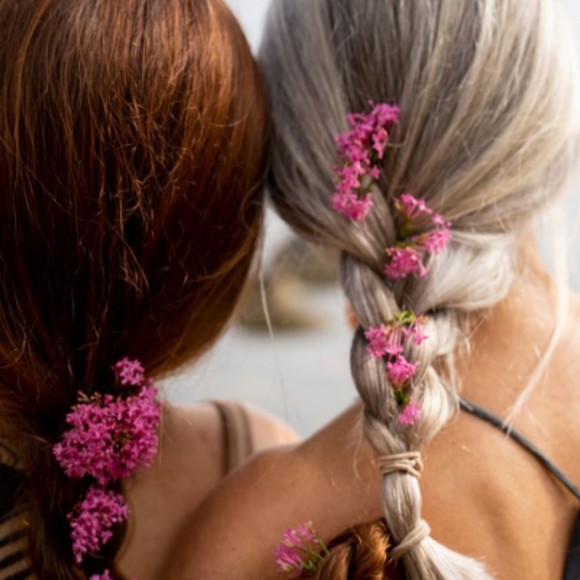Happy Parents, Happy You
“We encourage our children to build their own exciting futures – Should we take a similar approach with our mums and dads?” This is the question posed in an article in fashion magazine Red. As a founder member of the ‘Generation Joy’ campaign, we at Retirement Villages found this question incredibly relevant to many people considering a retirement community. We picked out some of the most interesting points from the article:
It's a regrettable truth that as members of the "sandwich generation", juggling the demands of our children and our parents alike, the responsibility of looking after our elders can get in the way of our actual relationship with them. What would happen, though, if we reframed the way we look at later life and, consequently, the way we look at our relationship with our parents? With the luxury of time retirement brings (goodbye, nine-to-five!), it’s wholly possible to find quality of life on an upward curve well into our seventies and beyond. So what can we do to help make this a reality for our parents? After all, if happy children make for happy parents, surely it can work the other way too.
One of the hardest elements of letting children fly the nest is worrying about their safety – and the same goes for our parents once that relationship starts to shift. For them to relax into their ‘Generation Joy’ years (because why shouldn’t these be the happiest decades of our lives?), safety is key – for their sake and ours. That might mean helping them access support in their own homes but it’s also why solutions like Integrated Retirement Communities (IRCs) can be so effective – where residents keep the independence of having their own front door, with the comfort of knowing 24-hour security and support (should they require it) is available in close proximity.

When there is other support in place, we can step back and enjoy each other's company for its own sake
If you’ve ever bargained with a loved one to visit the doctor/book an eye test/take their meds, you’ll know the role of ‘pushy adult child’ is not a fun one. But we play it anyway because we care. When there is other support in place, we can step back and enjoy each other’s company for its own sake. ‘I much prefer to talk about “support to stay independent” than “care”,’ says Dr Wyrko. ‘It reframes the conversation and takes it away from having something imposed
on you to something you choose.’ And many IRCs will provide these services – or links to them – on site. ‘Looking after our body maintenance (eyes, ears, teeth, feet) is really important in ageing,’ says Dr Wyrko, ‘so people can see and hear what’ going on, and aren’t embarrassed to eat in front of other people.’ Speaking of eating, IRCs usually have their own restaurants and cafés, so residents can access hot, nutritious food even on days when cooking or doing the washing up doesn’t appeal. It also makes socialising easy – which is a vital factor in wellbeing. In fact, the NHS and charities like Age UK warn of the dangers of loneliness and the importance of social connection. And as much as we might try to fill those gaps, we all need peers – people at the same life stages as us – to feel truly understood.
When our parents are safe and supported, we’re all able to focus on the fun – particularly if downsizing also helps with financial freedom (enabling them to enjoy eating out, visit the theatre and go on holiday). Imagine visiting your parent in their own house or apartment, amid beautiful grounds, as they squeeze you in between yoga and a swim in the pool (or take you along if you’re lucky). This is the reality of life in an IRC, where opportunities to take care of mind, body and soul are part of the deal. Much as they might have once sent us off to university, nervous on our behalf but excited for the years of fun and adventure to come, wouldn’t it be nice if we could now return the favour?

Find out more about life at our retirement communities by attending one of our open days. More information here.
#GenerationJoy #GreatCommuntiesAmazingLives
